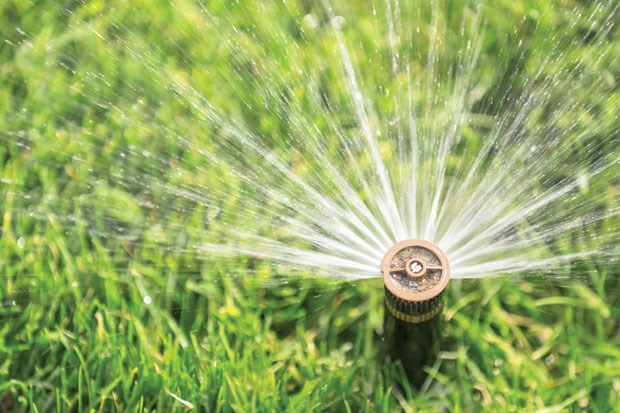Cut down on how much water you use, the provincial government urged Metro Vancouver residents on Monday.
The province announced a “Level 3 hydrological drought rating” for much of coastal British Columbia, including Metro Vancouver due to the recent hot weather.
“The areas affected stretch along the coast from the Alaska border to the Lower Mainland and include the Skeena Nass and Stikine basins in the northwest. Haida Gwaii, Vancouver Island and the Gulf Islands are also included in the Level 3 drought rating,” said a government news release. “Level 3 drought conditions call for voluntary water-use reductions from all surface-water and groundwater users, including municipal, agricultural and industrial users.”
Burnaby currently has lawn-watering restrictions in place.
The government warned that if water use doesn’t drop to ease the situation, it “may consider regulating water usage under the Water Sustainability Act. Specific actions could include the temporary suspension of water licences or short-term water approvals to restore flows to minimum critical levels in the affected streams.
“Water users on all streams are reminded to ensure that water intakes are screened to the Department of Fisheries and Oceans standards to prevent fish from being pulled into water systems as water levels drop. Low water levels can impede the passage of salmon, increase susceptibility to disease, or cause stranding or death due to low oxygen and high water temperatures.”
The province offered up some water conservation tips:
At home:
* limit outdoor watering
* do not water during the heat of the day or when it is windy
* consider planting drought-tolerant vegetation
* take shorter showers
* do not leave the tap running (i.e. while brushing teeth)
* install water-efficient showerheads, taps and toilets
On the farm:
* implement an irrigation scheduling program using real-time weather data
* schedule irrigation to match crop needs and soil storage capacity
* improve water system efficiencies and check for leaks
* focus on high-value crops and livestock
Industry:
* reduce non-essential water use
* recycle water used in industrial operations
* use water-efficient methods and equipment



